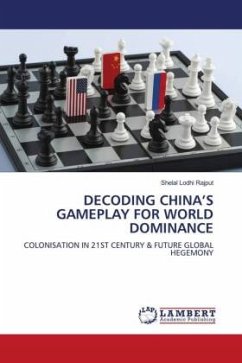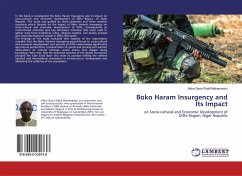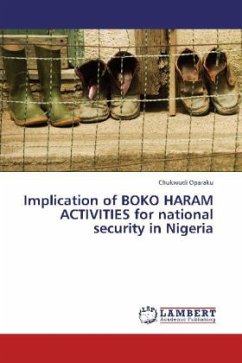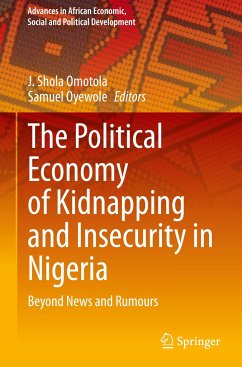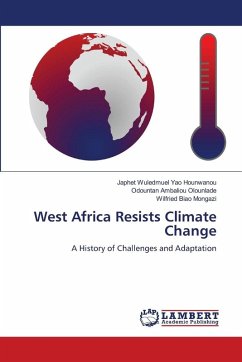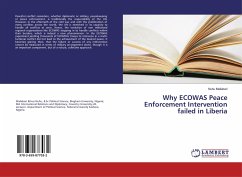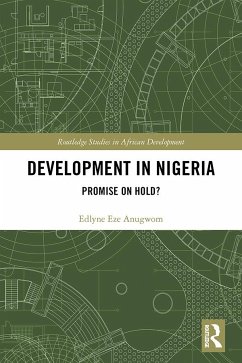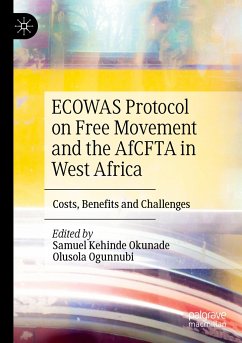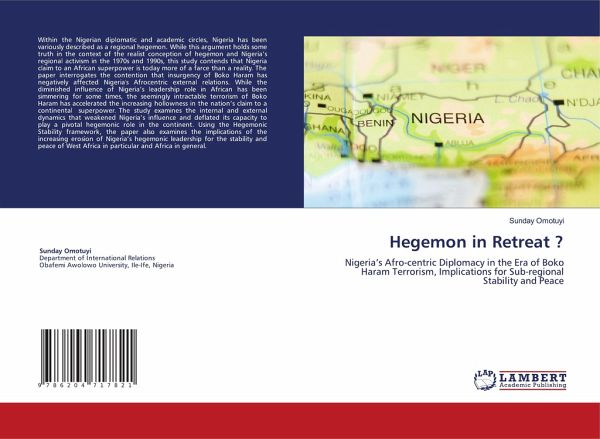
Hegemon in Retreat ?
Nigeria's Afro-centric Diplomacy in the Era of Boko Haram Terrorism, Implications for Sub-regional Stability and Peace
Versandkostenfrei!
Versandfertig in 6-10 Tagen
29,99 €
inkl. MwSt.

PAYBACK Punkte
15 °P sammeln!
Within the Nigerian diplomatic and academic circles, Nigeria has been variously described as a regional hegemon. While this argument holds some truth in the context of the realist conception of hegemon and Nigeria's regional activism in the 1970s and 1990s, this study contends that Nigeria claim to an African superpower is today more of a farce than a reality. The paper interrogates the contention that insurgency of Boko Haram has negatively affected Nigeria's Afrocentric external relations. While the diminished influence of Nigeria's leadership role in African has been simmering for some time...
Within the Nigerian diplomatic and academic circles, Nigeria has been variously described as a regional hegemon. While this argument holds some truth in the context of the realist conception of hegemon and Nigeria's regional activism in the 1970s and 1990s, this study contends that Nigeria claim to an African superpower is today more of a farce than a reality. The paper interrogates the contention that insurgency of Boko Haram has negatively affected Nigeria's Afrocentric external relations. While the diminished influence of Nigeria's leadership role in African has been simmering for some times, the seemingly intractable terrorism of Boko Haram has accelerated the increasing hollowness in the nation's claim to a continental superpower. The study examines the internal and external dynamics that weakened Nigeria's influence and deflated its capacity to play a pivotal hegemonic role in the continent. Using the Hegemonic Stability framework, the paper also examines the implications of the increasing erosion of Nigeria's hegemonic leadership for the stability and peace of West Africa in particular and Africa in general.



